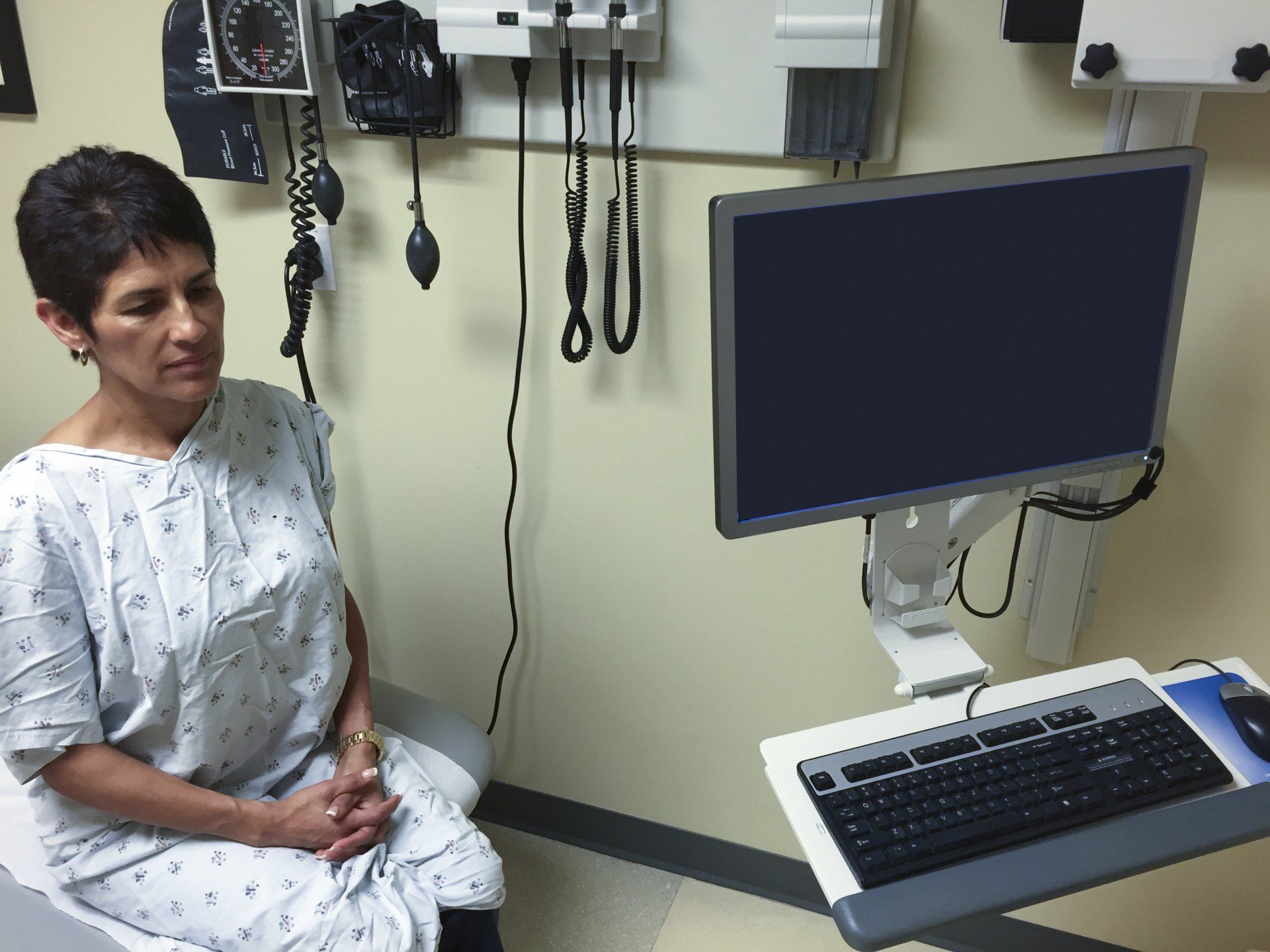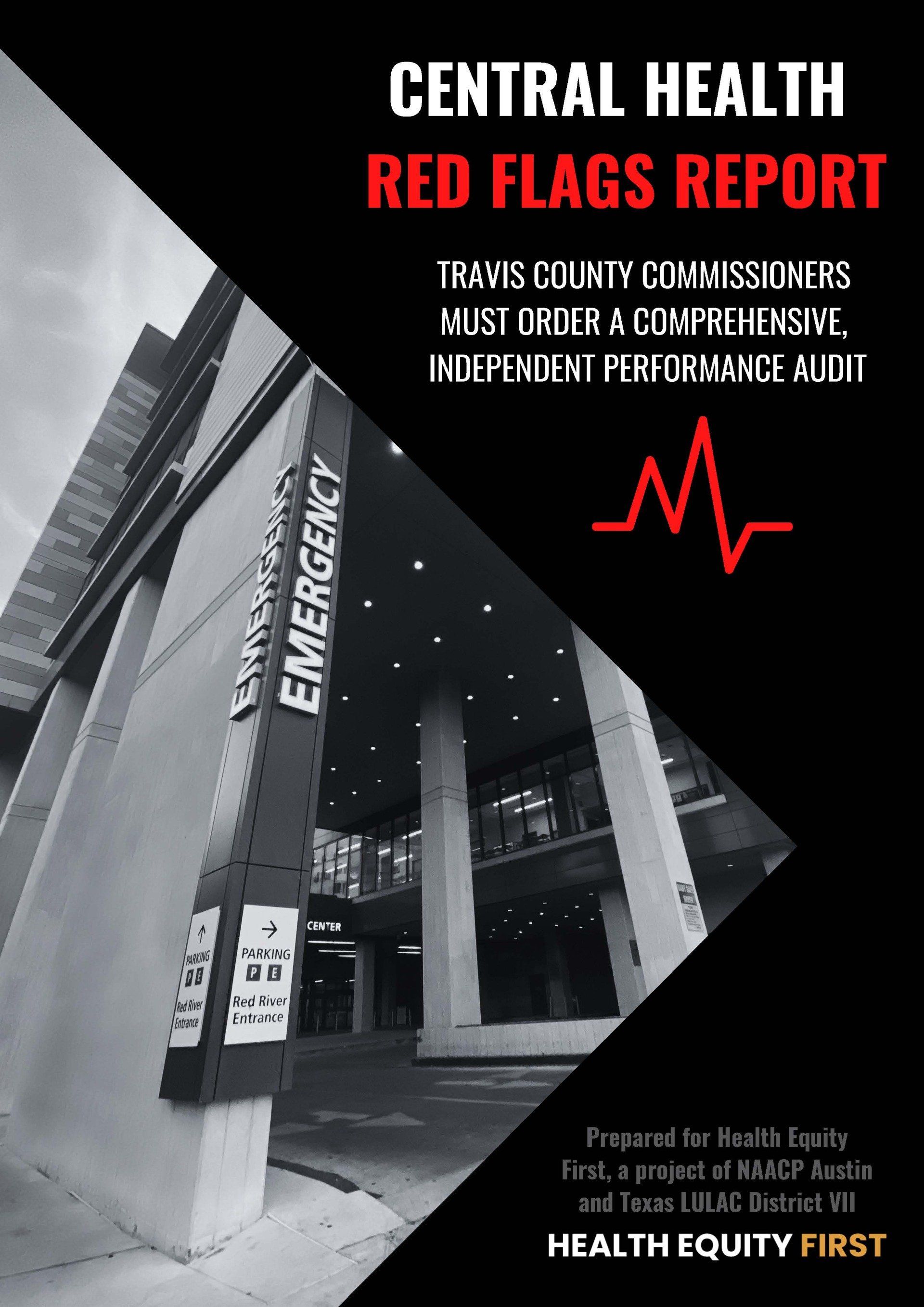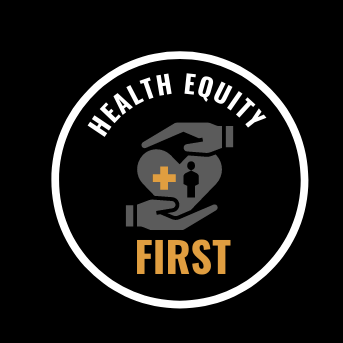Opinion: When It Comes to Health Care in Austin, There Can Be No Equity Without Accountability
Opinion: When It Comes to Health Care in Austin, There Can Be No Equity Without Accountability
It’s time for the Travis County Commissioners Court to order an independent performance audit of Central Health
Austin Chronicle, BY NELSON LINDER AND FRANK ORTEGA, FRI., APRIL 22, 2022
While Central Health, our countywide public health care district for the poor, recently celebrated breaking ground on replacing two clinics in Eastern Travis County, Austinites might want to hold their applause. Health Equity First, the collaboration of the local LULAC and NAACP, has released a troubling new report detailing eight Central Health major red flags that suggest serious financial and operational mismanagement. The report (which can be found at healthequityfirst.com/red-flag-report) questions whether Central Health is serving well either the poor or the taxpayers.
This issue is coming to a head in the next few weeks as we are calling on the county commissioners to order an independent, comprehensive performance audit of Central Health. The county commissioners have financial supervisory authority over Central Health and the community needs independent, complete answers to these serious issues.
Central Health's budgets are misleading to the point of appearing false. For example, it stated recently that "ninety-seven percent ($491 million) of Central Health's fiscal year 2022 $506 million budget is dedicated to health care delivery for people with low incomes." In reality, only 20% of Central Health's budget constitutes actual health care services. Its alleged $491 million in "health care delivery" includes items such as travel, printing and copying, phones, utilities, insurance, marketing, community relations, legal, and other administrative expenses not usually considered health care.
Its budget also shows that $298 million of its alleged $491 million in "health care delivery" is actually just sitting in a reserve account for unexplained future contingencies. These reserves have increased from $36 million to $298 million over the last five years and now make up 59% of its budget. Contingency funds sitting idle in a bank account and various administrative expenses shouldn't be portrayed to the public as health care for the poor.
In addition to its questionable budgets, a performance audit is critical to restore the community's trust in Central Health. When voters approved a tax increase for Central Health in 2012, its leaders repeatedly promised that "... a specific amount of the estimated $54 million a year in new tax revenue – $35 million – would be permanently earmarked for services provided to needy patients by the medical school's faculty and residents, who are physicians in training," as reported by the Austin American-Statesman on Oct. 14, 2012. Similar promises were made in other articles in the Statesman, The Austin Chronicle, and KUT.
Central Health has broken its word. County taxpayers to date have paid the medical school $280 million, yet there is no documentation showing any health care has been delivered to the poor for these funds. The community has asked again and again for years for the numbers for patients seen and care provided. Nada.
Central Health is quick to argue that there is no need for a performance audit because it is audited financially every year, but this is misleading. Financial audits do not look at whether Central Health is miscategorizing budget items or spending taxpayer dollars inefficiently, ineffectively, or outside its mission. As for the scheduled 2023 audit Central Health claims will evaluate its performance, it should be noted that Central Health undermined the integrity of the last performance audit conducted in 2017 by insisting on controlling the audit. This effectively prevented the public from receiving independent, trustworthy analysis. The main question the community wanted answered in 2017 was artfully dodged by its manipulated audit: How much of the then $105 million of its funds to the medical school went for health care for the poor?
Frankly, Central Health cannot be trusted to audit itself. Our county commissioners should order a comprehensive, independent performance audit now. We deserve reliable answers to two basic questions: How much health care have the poor received from the medical school for $280 million? Is Central Health spending taxpayer funds effectively, equitably and in compliance with its mission to the poor? That should not be too much to ask for.
Nelson Linder is president of the NAACP Austin, and Frank Ortega is director of Texas LULAC District VII. Their organizations jointly created recently the Health Equity First project. The project seeks to raise awareness about the need to increase transparency and accountability of public hospital districts in Texas, such as Central Health, so they better serve the poor’s health care needs.




